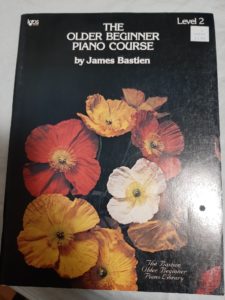After experiencing a discouraging level of difficulty last session, I decided I was in need of some inspiration to renew my enthusiasm for this project. Fortunately, I knew exactly whom to look to: Daryl Davis. Daryl is a very accomplished, veteran piano player who has played with legends like Chuck Berry, B.B. King, Jerry Lee Lewis and Bruce Hornsby. Here is a little sample of his work:
However, his piano skills are only a small fraction of what makes Davis an incredible human being. The main reason I am a big fan of his, and the main reason I find him so inspiring, is that he has befriended hundreds of Ku Klux Klan members over the past 30 years. That’s right, KKK members.
It started at a gig, when a man approached Davis and told him he had never seen a black man play like Jerry Lee Lewis before. The irony of this statement struck Davis immediately, as many of Lewis’ important influences were black blues and boogie woogie piano players. He and the man struck up a conversation, during which Davis found out that this man had never held a conversation with a black person before and was a card-carrying member of the KKK. The man was intrigued enough by Davis to keep returning to his gigs, eventually befriending him and leaving the KKK. After that experience, Davis started seeking out Klan members, even attending rallies to talk to them. To date, over 200 KKK members have left the organization after their interactions with Davis:



